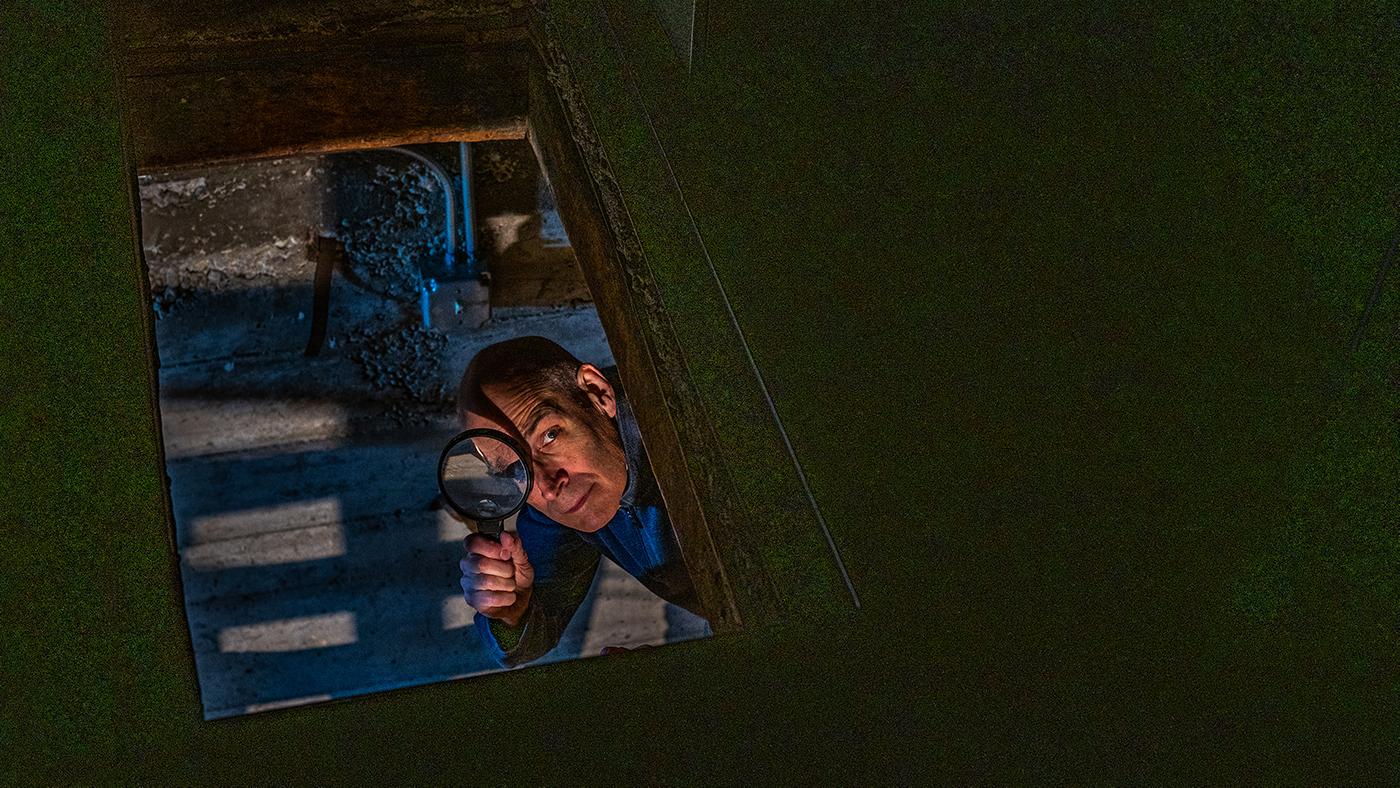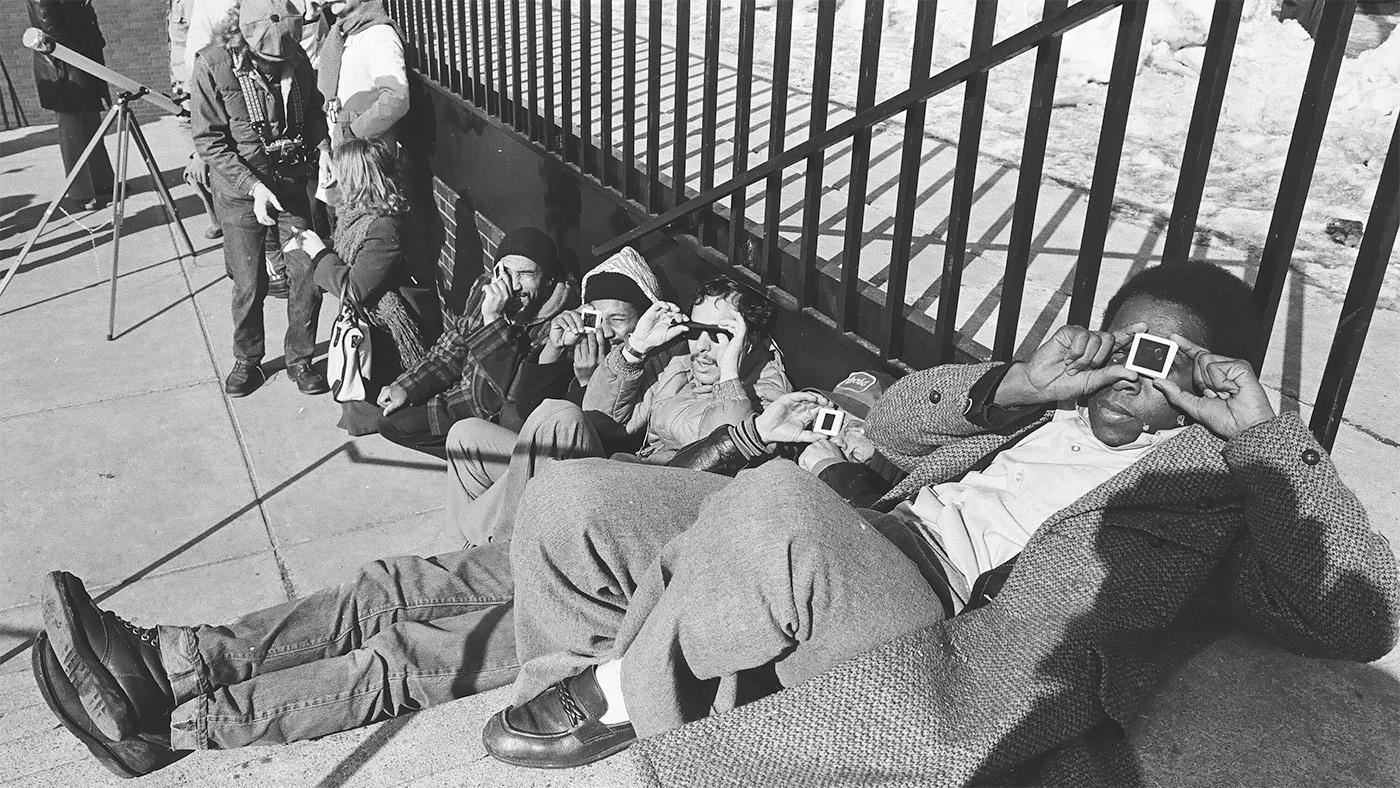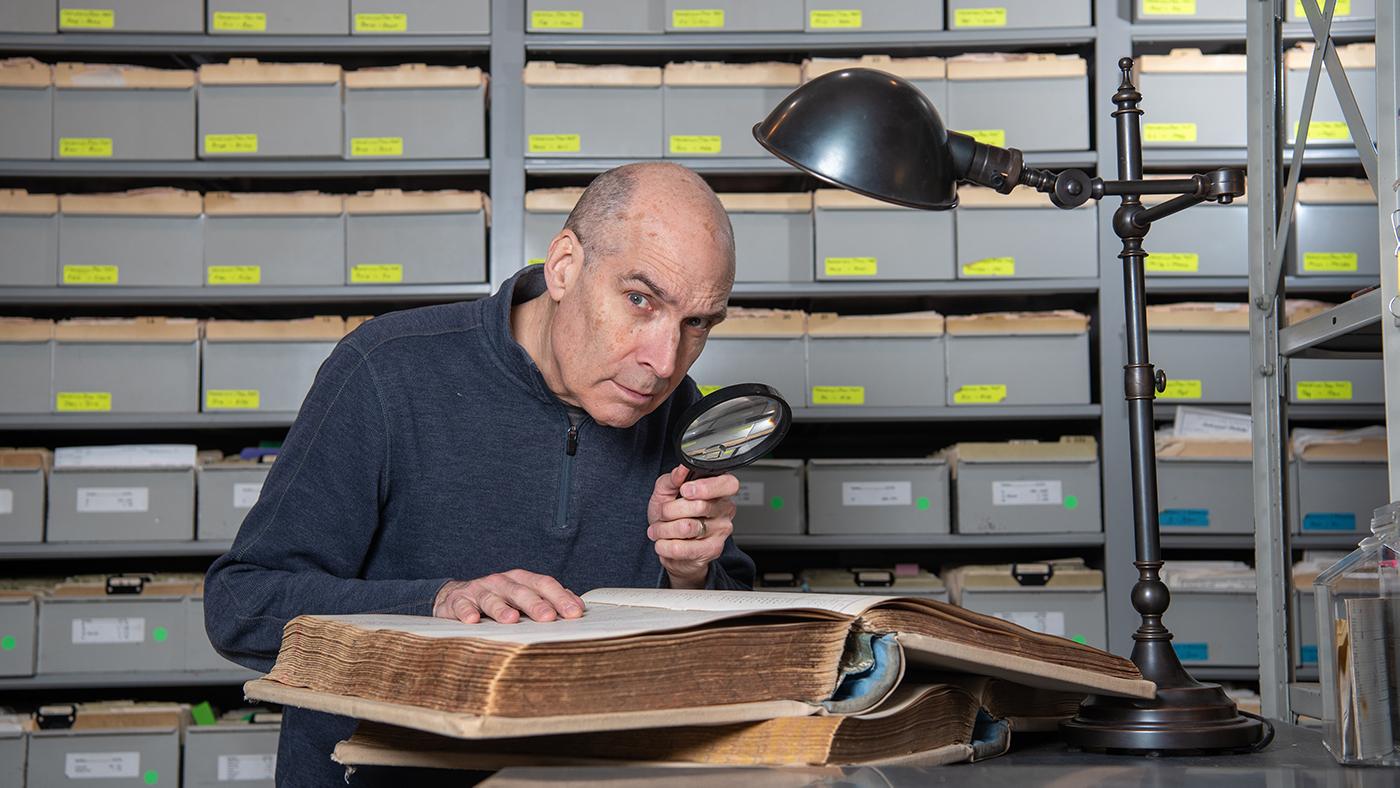Hunting for the Treasure of – and in – Books
Daniel Hautzinger
January 5, 2018
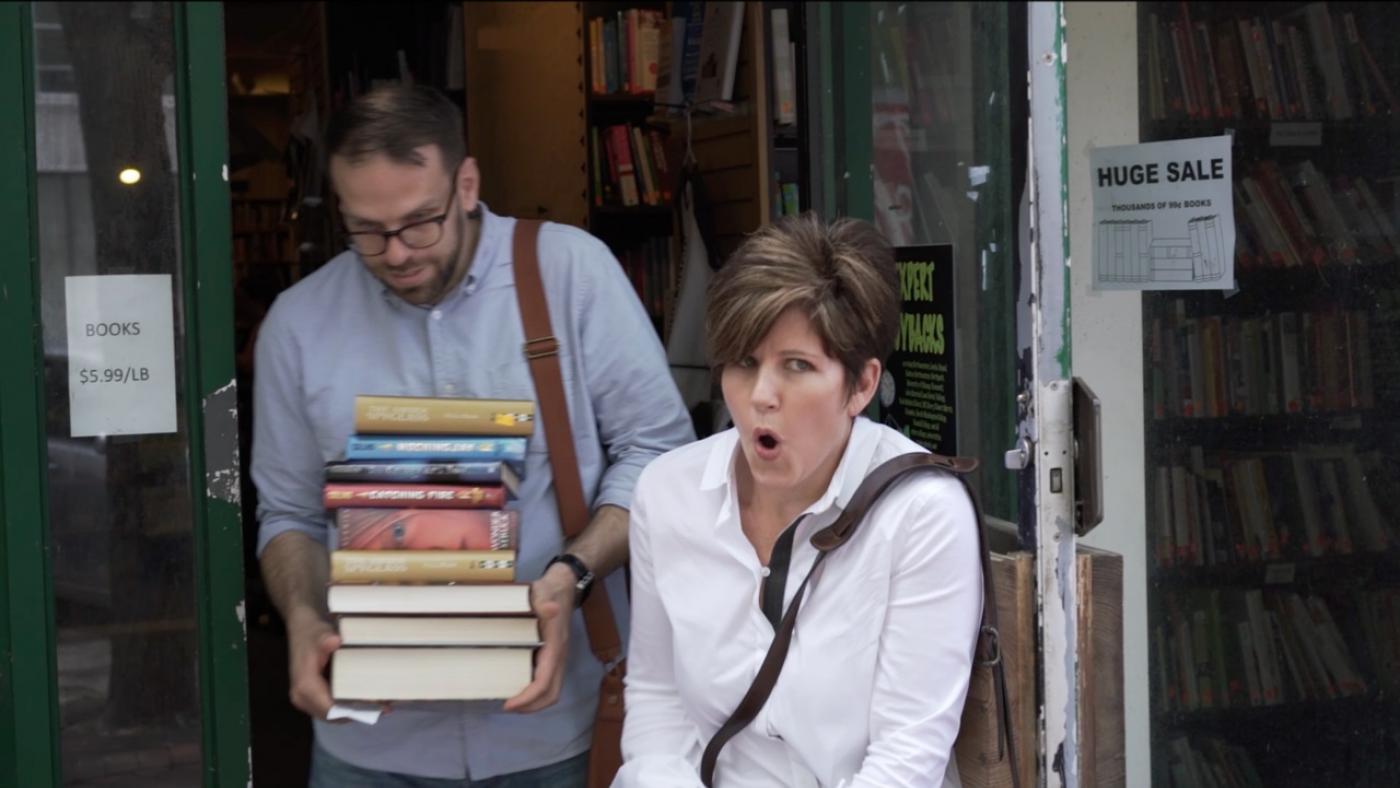
Amy’s Book Hunt airs Friday, January 5 at 8:30 pm and will be available to stream at the same time.
“I have spent most of my life in a perennial quest to convince people that reading a book is actually worthwhile,” Amy Brent says. Her latest foray towards that goal is Amy’s Book Hunt, a show airing January 5 at 8:30 pm in which she scours homes, yard sales, thrift shops, and more for first editions, signed copies, and other books that could be worth a small fortune. The show’s aim? To make books exciting.
Brent is the daughter of Stuart Brent, a legendary Chicago bookseller famous for pulling passersby off Michigan Avenue into his store and thrusting a book into their hands, telling them they had to read it. As soon as Amy entered high school, she was conscripted to work in her father’s shop, meeting the luminaries such as Saul Bellow and Gore Vidal with whom her father was friends. She continued working in the book business and now runs the Stuart Brent Children’s Book Club, begun by her parents. (Stuart closed his bookstore in 1996 and died in 2010. Learn more about him and his store in this clip from a 2001 episode of WTTW’s Artbeat below.)
By hosting a TV show about books, Amy is once again following in the footsteps of her father, who hosted a series called Books and Brent in the 1950s. But she also wanted Amy’s Book Hunt to be different. “Most of the shows about books just review books. They talk about the author, they talk about the books. I had this idea that went at a book in a different way.” Hence the focus on the thrill of the chase, on finding profitable books hidden in unlikely places. “Chasing books with Amy is the most fun I’ve ever had,” says Philip Koch, one of the show’s producers.
But while Brent doesn’t begrudge people looking to simply buy and sell books as investments, she’s more interested in the priceless aspect of a book: its content. “I’ve said this and my father said it too: a book is truly an investment in the human spirit,” she explains. “For instance, I love my husband. I have been married to him for 36 years – and I have never once, in all that time, actually been inside his head. But when I’m reading a book, I kind of am inside the head of the author, inside the heads of the characters. If you want to learn compassion; if you want to learn empathy; if you want to learn about the way other people feel, think, or act, there’s no better way than to read a book. Even if it’s nonfiction.” Laughing, she adds, “But maybe not if it’s a calculus textbook.”
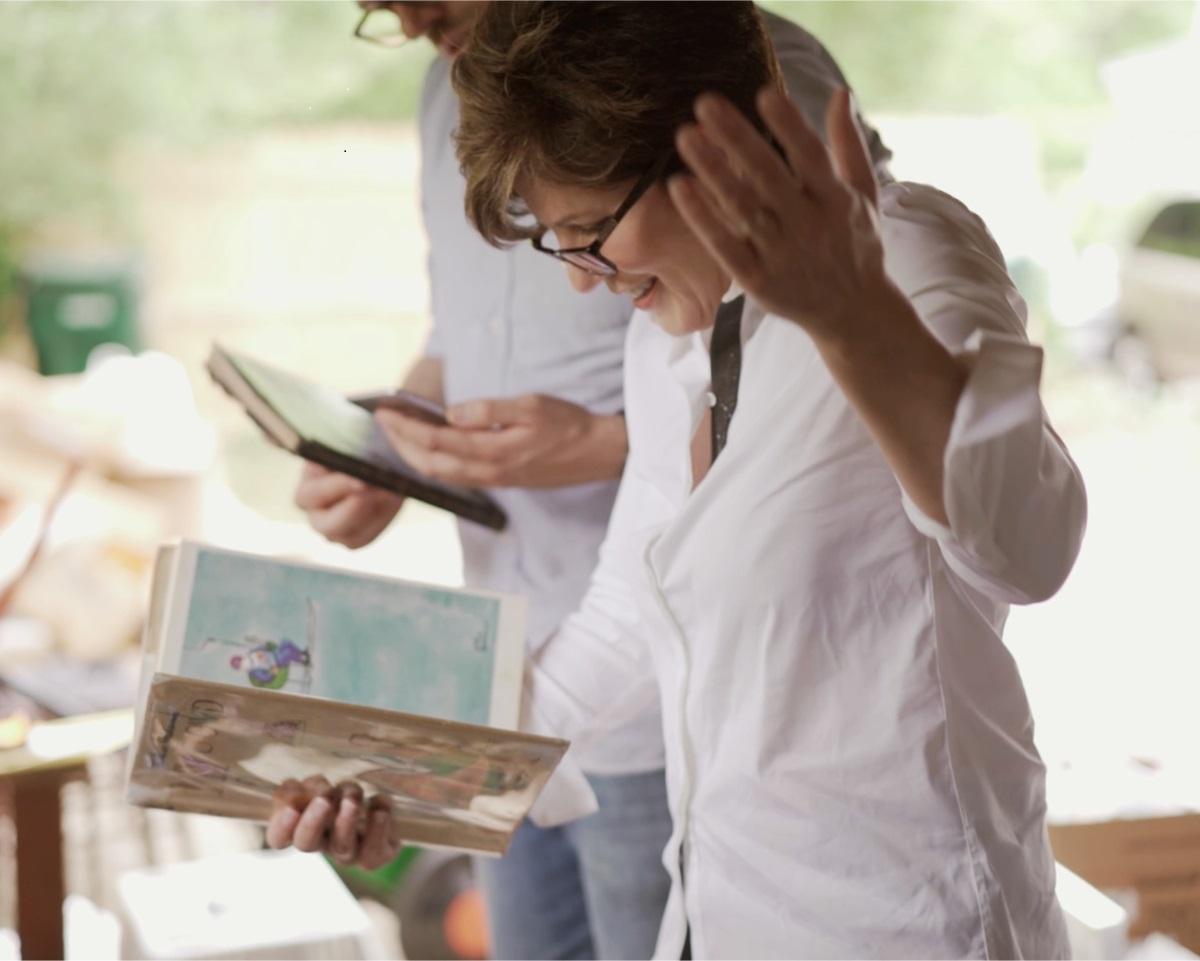 Photo: Courtesy Stuart Brent Children’s Book Club
Photo: Courtesy Stuart Brent Children’s Book Club
But she’s also careful not to get too wrapped up philosophizing about the ennobling aspects of literature, as is obvious from her show. “Here’s the thing: I like to have fun. Reading a wonderful book can be very, very amusing and wonderful. You can have a great time. And when we’re in the thrill of the chase in the show, it’s a total blast.”
Co-producer Gary Sherman sees Amy’s Book Hunt as foregrounding that joy. “I think the show is about making books exciting,” he says. “The fact that there’s a monetary value to books is secondary to the fact that this treasure can be found in any book. When you see the excitement in Amy’s face, it’s totally contagious.”
Just as she accepts that some people may simply view books as financial investments, so Brent also doesn’t rage against the rise of smartphones and iPads as a distraction from books. But she is convinced that books have something to offer in a technologically swamped world, especially because the way they work is so different from a digital object. “I still believe that there is value in spending time inside a book, for everybody,” she says. “A book is the most low-tech thing imaginable. It doesn’t do anything fancy. It doesn’t sing, it doesn’t dance, it doesn’t move, it doesn’t do anything vivid or imaginative at all. It sits quietly on a shelf. All of the great stuff that happens in a book is just happening in your head. It’s just happening in the book via black symbols on a page.”

